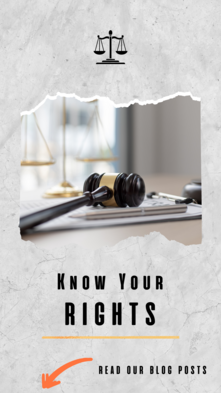In a pivotal judgment on Thursday, the Supreme Court reinstated the full authority of the Delhi government, emphasizing that the Lieutenant Governor (LG), who is a central government appointee, does not possess autonomous decision-making power and must operate under the counsel of the elected government.
This landmark decision concludes a protracted dispute between the Delhi government and the LG, marking a significant triumph for the Aam Aadmi Party (AAP) government, which has been embroiled…

